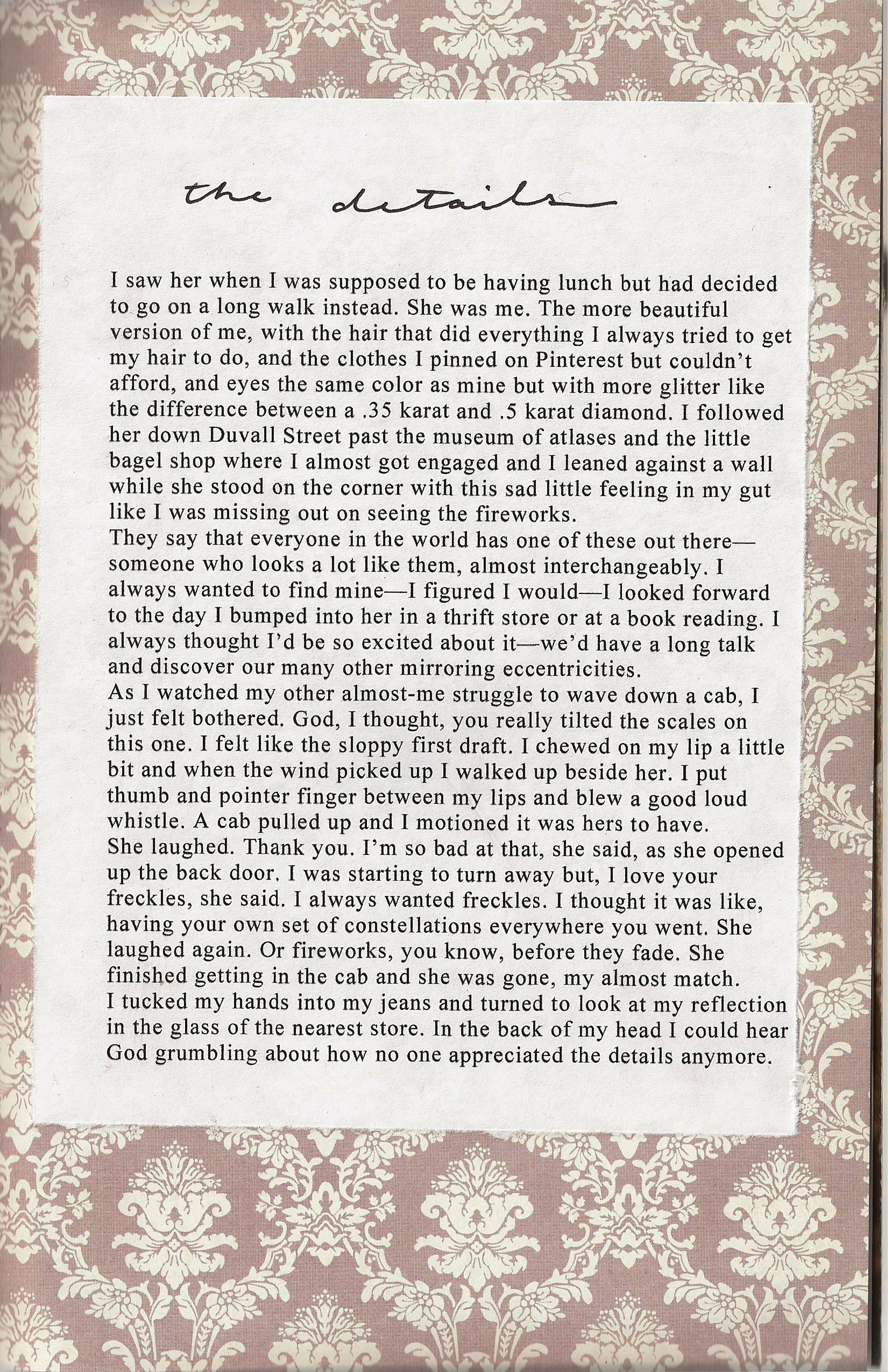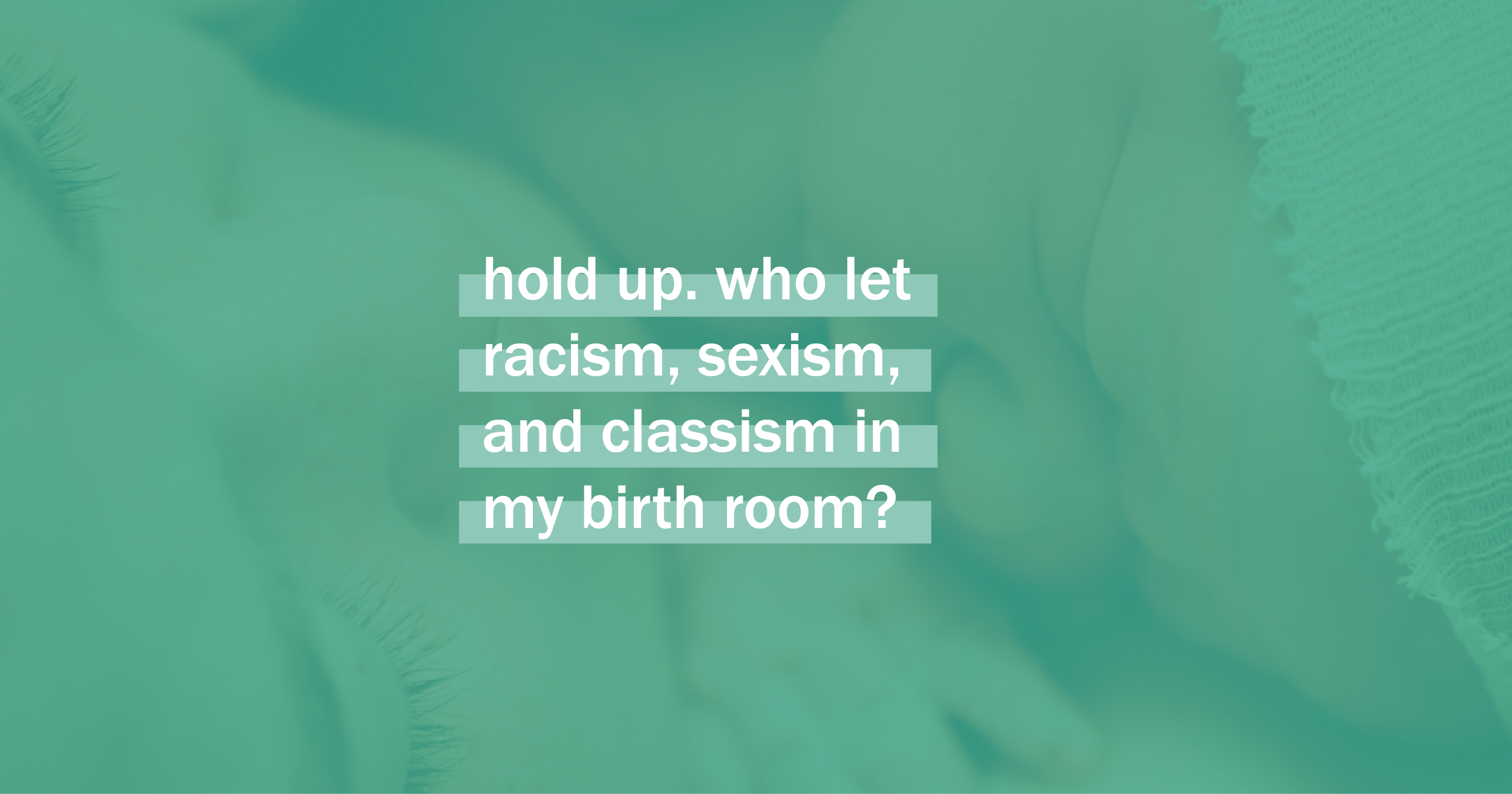There are a lot of doulas in Richmond who offer their services from $0-$1000+ whether as individuals or as a part of businesses and collectives. For the sake of this hypothetical situation let’s just say there are 5 birth doulas who take on an average of 2 clients a month for a year for $1000. They build into their business a plan to donate $50 per client to anorganization that provides free doula support. They also ask their clients at their postpartum follow-up session if they’d be willing to make a donation to someone in Richmond having a doula who can’t afford it.
What would happen?
5 doulas, 2 births a month, 12 months
= 120 births
$50 from each $1000 fee
= $6000
25% of families (30) give $100 in addition
= $3000
That’s $9000 from 5 birth doulas and the families they worked with. We have more than 5 birth doulas in Richmond, and possibly more than 25% of families who'd be willing to give toward the gift of doula support for others. We also have postpartum doulas. And birth educators. And photographers. And placenta encapsulation specialists. (We have abortion doulas as well, but I've left that out of this list because personally I don't think someone should have to pay for this support, the depth of the struggle to just safely access the service when it's sought out is deep enough.)
The economy of our birth and reproductive community has the capacity to sustain work that reaches further. We just haven’t gotten on the same page about it… yet.
I want birth workers to know each other and honor each other’s expertise and callings.
I understand that not everyone feels like they have the capacity to — or feels like they should have to — stretch themselves to meet folks from very different parts of this community. And I’m not saying we should all have to go to the same monthly potluck or cookout. But we should all know that the others exist and honor and respect the spaces that we occupy.
What does honoring each other’s expertise and callings look like?
It's about context and thought. It can mean challenging your friend and fellow birth worker to teach that class, to add that package, to share those skills they have. It can mean suggesting that someone else sit down or slow down, not try to be a jack of all trades, or center themselves in an area, because perhaps it's inappropriate, or it's undermining another part of the community. It can mean going to someone who’s been doing some kind of work for a long time and saying, “I have an interest in this too, do you think our community has need for more of it? Or that I can reach another segment?” And then being open to hearing, "No," and their reasoning. They might be right. They might not be. But it'd be better to make your decision with their perspective.
The point is, honoring each other requires that we step outside of ourselves and our own interests a little to really recognize and value others. What if we overcommunicated? I wish we would overcommunicate just a little more. Would other problems come out of that? Probably. It’d be refreshing though to deal with those problems for a change. I’d be intrigued by the challenge.
I want our families to be supported in body, mind, and spirit from conception (or prevention thereof) to birthing outcome.
Does this strike you as too good to be true? As I write it, I can’t deny there’s a part of me that wonders how I could even dream it. But I don’t just dream it, I’m working with folks toward it.
Because people are going through all of these things. Whether we do nothing or we do something. People around us are struggling with infertility, they’re struggling with miscarriage, they're struggling with preventing pregnancy, they’re struggling with unexpected pregnancies, with their decisions on abortion, with healthily carrying their babies, and with having the births they want and they can safely have — where, with whom, in the way that fits them and their family.
Any of us who are working within this birth community — I believe we’re all on the same page with that last paragraph. We all care very deeply about these people and want the best for them, and are already willing to work for it. Let’s work deeper, wider, and wiser.
*Though I feel like it shouldn't be necessary to add, I want to say that I've seen hospital providers, from nurses to OBs to midwives, show the best of hospital care also. The system we're struggling in often does these folks a disservice as well. I believe if they felt better supported, we'd all reap the benefits of that, too.














































Our Babybay Cosleeper was right next to us — supporting us baby step by baby step on our newborn sleep journey.